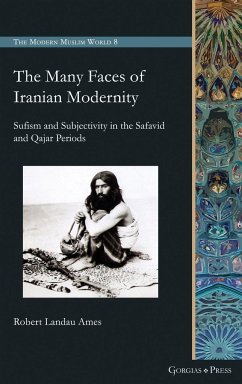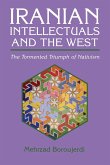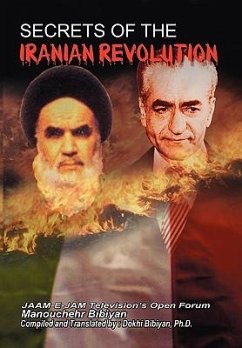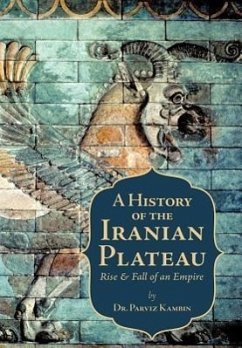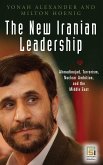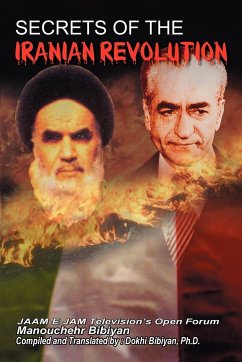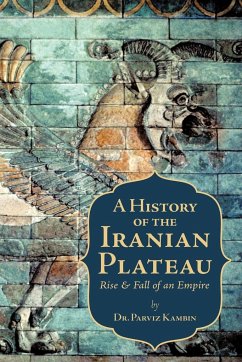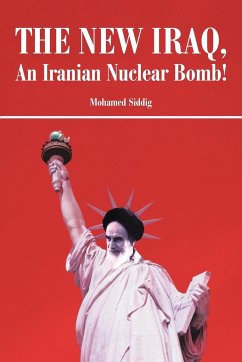This book proceeds from two related insights: the first of these is that Sufism in early modern Iran possessed a coherent theory of knowledge that reflected the period's culture more broadly. The second is that this episteme not only survived modernization, but actually proliferated and took on new literary forms throughout the Qajar period (1785-1925). Sufism achieved this influence in the modern era despite the fact that the nineteenth and twentieth centuries are usually figured as ruptures with the early modern intellectual life of the Timurid (1370-1501) and Safavid periods (1501-1722), when its role in intellectual life was more visible, if also controversial. This study into both reformism and mysticism demonstrates both that mystical rhetoric appeared regularly in supposedly anti-mystical modernist writing and that nineteenth- and twentieth-century Sufis actually addressed questions of intellectual and political reform in their writing, despite the common assertion that they were irrationally traditional and politically quietist.

